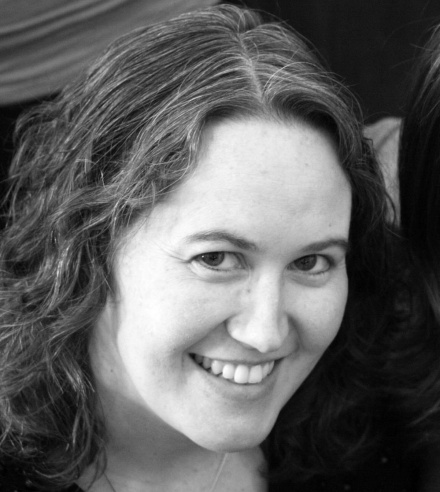The Doctor of Philosophy (PhD) in Liturgical Studies is designed for persons who seek advanced studies in Christian worship. Students will be prepared to become practical liturgical theologians, who contribute to the ongoing reform and renewal of Christian worship. The program will provide a strong foundation through historical, theological and pastoral study, including multi-cultural and interdisciplinary perspectives.
Rev. Michelle Whitlock is a practical theologian currently focused on intergenerational liturgy. She is passionate about the full inclusion of all ages in corporate worship. Her work has explored narrative theology, developmental theory, the formational nature of liturgy, theology of the child, and the theology of play.

The PhD in Liturgical Studies is a 40-credit hour degree program.
3 Foundational Courses (7-credit hours)
8 Courses in Major (24-credit hours)
3 Courses in Minor (9-credit hours)
2 Research Languages
Qualifying Exams
Dissertation Proposal
Dissertation and Defense
Students who choose Homiletics as their minor are required to complete the following courses:
To add a focus in African American/Black Religious Studies, a student would take a minimum of
fifteen hours of courses with specific African American/Black content, as selected by the student in consultation with their advisor. Persons opting for this focus would have an African American/Black advisor or consulting co-advisor, or as a committee member. At least one of the student’s Qualifying Examination questions would be on a dimension of African American/Black religion. The student’s dissertation would incorporate some element relating to African American/Black religious life and thought.
Graduates of this program will be able to
Garrett accepts applications from students with a masters degree in religious or theological studies from an accredited college or university and proficiency in the English language.
Applications are due by January 10th for the following fall.